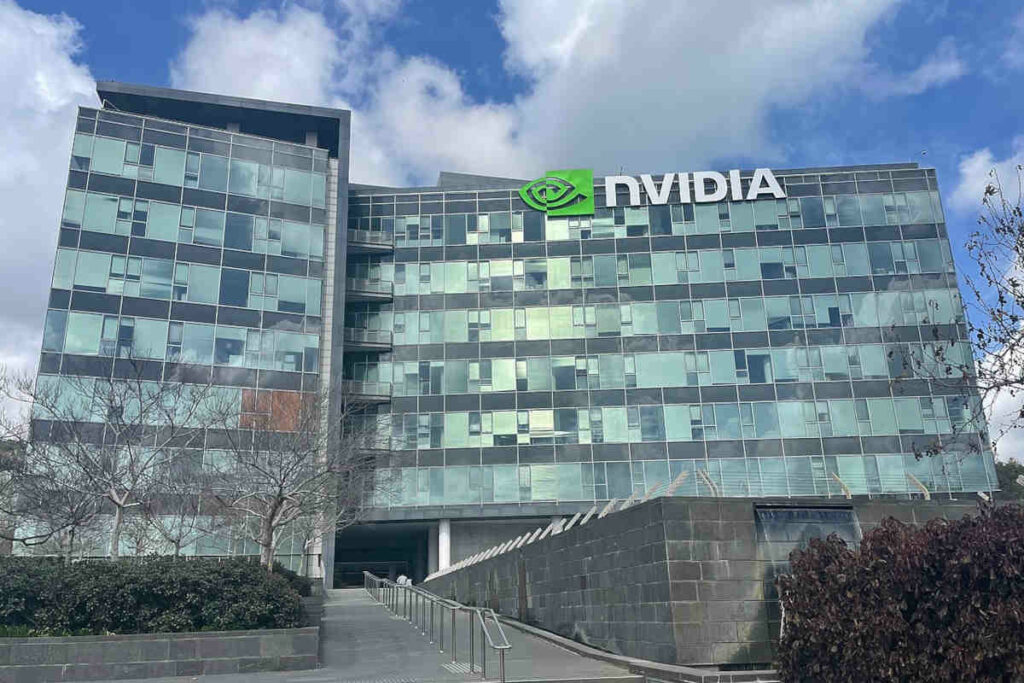
In the latest twist in the ongoing global tech tensions, Beijing announced on December 9, 2024, that it was investigating Nvidia for potential violations of China’s anti-monopoly law. This investigation is widely seen as a response to the recent actions taken by Washington against China’s semiconductor industry, particularly the U.S. chip curbs imposed on Chinese companies.
China’s Investigation: The Possible Violation
The Chinese regulators have stated that Nvidia is under suspicion for breaching commitments it made during its acquisition of Mellanox Technologies, an Israeli-based chip designer. However, they did not provide further details about the nature of the alleged violations. The investigation comes at a time when geopolitical tensions are high, and Nvidia faces increasing challenges to its dominant position in the semiconductor market, particularly in China.
The news of the probe has already impacted Nvidia’s stock, with shares falling by over 2% in premarket trading after the announcement. This marks the latest in a series of setbacks for the U.S. chipmaker, which has long enjoyed booming demand from Chinese businesses.
The U.S.-China Tech War and Its Impact on Nvidia
This move by China is seen as part of a broader context of U.S.-China trade tensions, particularly in the semiconductor industry. Just last week, the U.S. government launched its third crackdown on China’s semiconductor industry in the past three years. As part of the effort, the U.S. curtailed exports to more than 140 Chinese companies, including several involved in chip manufacturing. This latest round of export restrictions is widely believed to be part of Washington’s strategy to curb China’s access to advanced technology, including AI chips—a key area where Nvidia has traditionally dominated.
Nvidia’s Dominance and the Challenges Ahead
Before these export restrictions, Nvidia held a commanding 90% market share in China’s AI chip market, which was crucial to its overall growth. However, these trade restrictions, coupled with the ongoing geopolitical standoff, have significantly hampered the company’s business in China.
While Nvidia continues to enjoy strong demand for its AI chips worldwide, the company now faces growing competition from domestic rivals in China, led by the tech giant Huawei. Huawei’s HiSilicon chips are quickly gaining traction, and experts predict that the Chinese government may increasingly favor domestic companies over foreign suppliers in the coming years.
What’s Next for Nvidia?
As Nvidia faces these mounting challenges, the company’s ability to navigate the complex and shifting global market will be tested. The anti-monopoly investigation from China adds another layer of uncertainty for the company, especially as it works to maintain its competitive edge in the AI chip and high-performance computing markets.
Meanwhile, analysts will be watching closely for Nvidia’s response to the investigation and its broader strategy for maintaining growth amidst U.S. chip curbs and growing competition from local Chinese companies like Huawei.
Nvidia’s path forward will likely involve balancing its international presence, maintaining a foothold in China, and navigating the increasingly fraught geopolitical landscape that could shape the future of the global semiconductor industry.